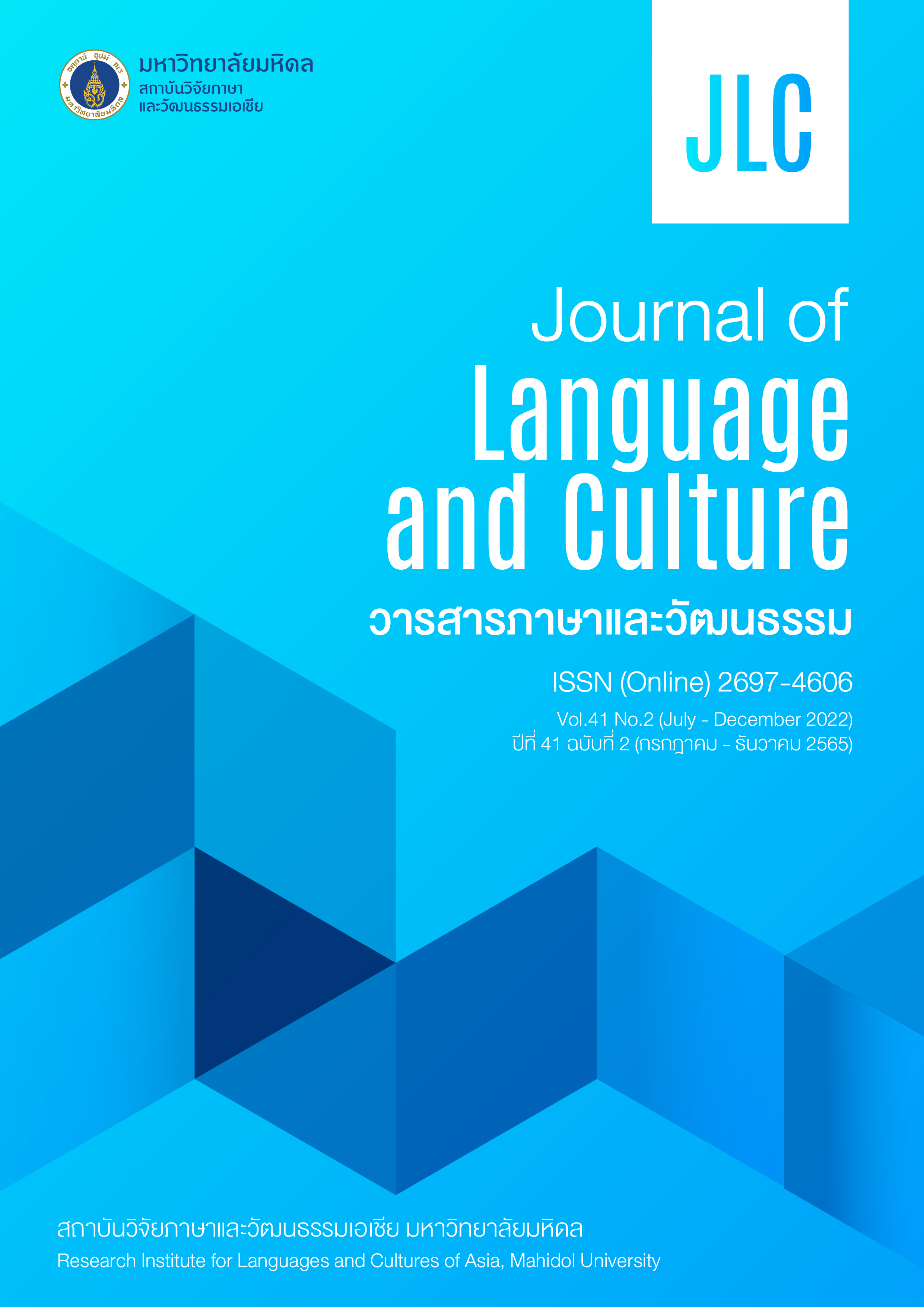Indigeneity and fluid ethnic identity: Recognition of Akha group in Thailand
Main Article Content
Abstract
The concept of Indigeneity has expanded in recent decades and scholars who have been working closely with Indigenous Peoples started weaving the network more widely to increase public awareness of the local and ethnic minority ways of life. This article discusses the concept of Indigeneity through the lens of indigenous people’s identification in Thailand and unpacks Akhaness from the perspective of religious affiliation in northern Thailand. Base on published materials and fieldwork data, the conclusion drawn is that although many Akha people hold different ideas about what being Akha means religiously, the ideal of sameness within the village at the level of social practices still lingering upon, which I argue characterizes all Akha. Meanwhile, Christian Akha are criticized for distancing themselves from Akhaness. The Christian Akha want a seat in the table where they are part of the community and to be treated fairly. Akha does not associate their ethnic identity with religion, those who stick to the traditional customs (AkhaZah) assert they are closer to the ancestors and the Akha spirit.
Article Details
The articles featured in the Journal of Language and Culture (JLC) constitute academic works representing the viewpoints of the respective author(s). It is crucial to note that these opinions do not necessarily reflect those of the Editorial Board.
All articles published in JLC are released under the Creative Commons Attribution 4.0 International License (CC BY 4.0). This license grants permission for unrestricted use, distribution, and reproduction in any medium, provided proper credit is given to the original author(s) and the source.


